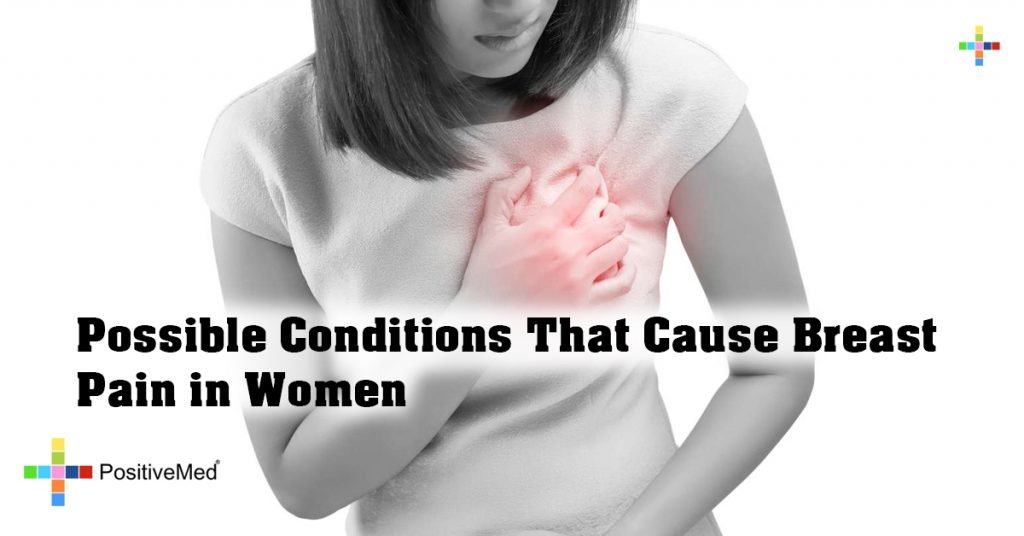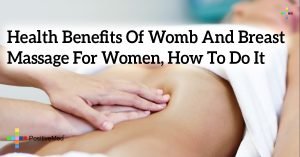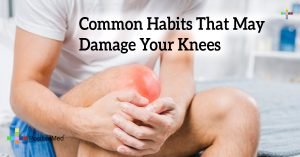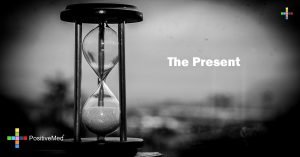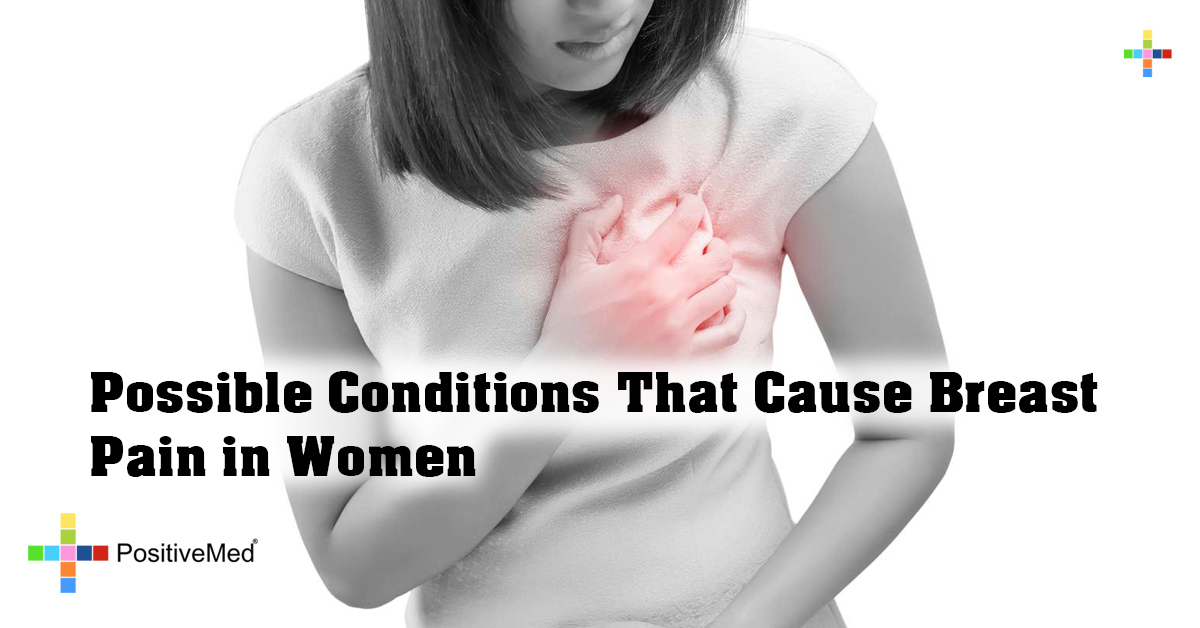
Breasts usually develop during puberty as a result of increased levels of estrogen. Breast pain can be as a result of breast tissue alterations caused by a variety of hormones during the menstrual cycle. Although most women rarely feel pain in their breasts, Mastalgia (breast pain) is not an uncommon condition.
Mastalgia usually varies in intensity, ranging from mild tingling to sharp pains. California Pacific Medical Center revealed that breast pains affect between 50 and 70 percent of women, categorized as:
Cyclical pain: This is pain associated with menstrual cycles, subsiding either during or after a woman’s period.
Non-cyclical pain: Causes include breast injuries. At times, this pain comes from surrounding tissues or muscles and not from the breast itself. Apart from harder to ascertain causes, noncyclical pain is less common compared to cyclical pain.
Causes
A variety of factors can cause breast pains. Hormone fluctuations affected by emotional stress and lumpy breasts as a result of fibrocystic breast tissue can all cause these pains. Regardless of where you are in your menstrual cycle, emotional stress might affect your hormones.
RELATED ARTICLE: Alter Your Diet To Reduce Your Breast Cancer Risk
Hormones are not the primary cause of breast pain, particularly since one breast usually hurts more compared to the other. The discomfort might also be due to the interaction of your hormones with other variables. Apart from progesterone and estrogen, abnormal levels of prolactin also lead to breast pain.
To find out if your pain associated with your menstrual cycle, keep a period log and note the times you experience pain during the month. You might notice a pattern after a cycle or two. Possible causes of breast pain include:
Pregnancy: The increased tenderness to a woman’s breasts, a common sign of gestation, often causes breast pain.
PMS (Premenstrual Syndrome): Although the cause of PMS remains unknown, symptoms usually start between five and 11 days prior to menstruation and subside once a woman begins menstruating.
Menopause: A natural biological process indicating when menstruation and fertility come to a permanent end.
Breast cancer: In women, this is the most common form of cancer after skin cancer. It can also affect several different breast parts.
READ ALSO: The Fear We Place Around Breast Cancer Is Real. Statistical Data You Should Know Today!
Fibrocystic breast disease: This benign condition entails painful and sore lumps in a woman’s breasts as a result of fibrocystic breast tissue. It is usually referred to as fibrocystic change or fibrocystic breasts.
Mastitis: An inflammation of breast tissues due to infection, occurring almost exclusively in breastfeeding women.
Intraductal papilloma: A noncancerous breast tumor-forming inside a milk duct.
Teenage pregnancy: This is basically pregnancy when a woman is aged 19 at most, possible as soon as a woman starts having regular monthly periods.
Ectopic Pregnancy: Urgent care might be necessary since ectopic pregnancy is considered as a medical emergency. It occurs when a fertilized egg does not attach to the uterus but attaches to the fallopian tube instead. In some cases, a fertilized egg attaches to the cervix or abdominal cavity.
Treatment
The treatment of breast pain varies depending on whether it is cyclical or noncyclical. Doctors usually consider age, medical history, and severity of pain before treatment.
Doctors use physical examinations and breast X-rays (mammogram) to determine the most suitable treatment plan for non-cyclical breast pain. A needle biopsy is performed on cystic breasts for testing purposes. The doctor removes a small sample of tissue from the cyst by inserting a thin needle. In such cases, doctors usually recommend hot compresses and pain medications.
Ways to soothe breast pain naturally
Ice pack: Wrap ice cubes inside a washcloth and press this to each breast for approximately ten minutes. Apart from minimizing the pain and inflammation, the cold temperature also numbs the tender area. You can also alternate between cold and warm compresses to reduce tenderness and swelling. Do not place the ice cubes directly on your breasts.
Self-massage: Helps to reduce inflammation and enhances the circulation of blood to ensure more nutrients reach the breasts, which contributes to the elimination of pain and tenderness while maintaining healthy breast tissue. Massage on a regular basis.
Evening primrose oil: Contains gamolenic acid (GLA), a fatty acid that improves the body’s response to hormonal changes, which in turn eases breast pain and tenderness. Gently massage your breasts for a few minutes after applying evening primrose oil onto the breasts. Refrain from using evening primrose oil if you are either epileptic or trying to get pregnant.
Chaste berry: Impacts positively on the pituitary gland and suppresses the release of prolactin, which is responsible for premenstrual syndrome symptoms such as painful and tender breasts. Ingest 20 mg of chaste berry 1 to 3 times a day for about three months, but remember to consult your doctor first.
Castor oil: Comprises of ricinoleic acid, which has anti-inflammatory and analgesic properties that significantly help in relieving breast pain. Castor oil also increases blood circulation, enabling nutrients to reach the cells. Mix one tablespoon of castor oil with two tablespoons of light oils like olive oil, and use this mixture to massage your breasts on a daily basis the week before your period.
Summary
Breast pain rarely links to breast cancer and having this type of pain doesn’t mean a heightened cancer risk. Lumpy tissues could, however, make it harder for a doctor to see tumors on a mammogram. Consult a physician if your breast pain is consistent and localized to a single area while the level of pain rarely fluctuates.
